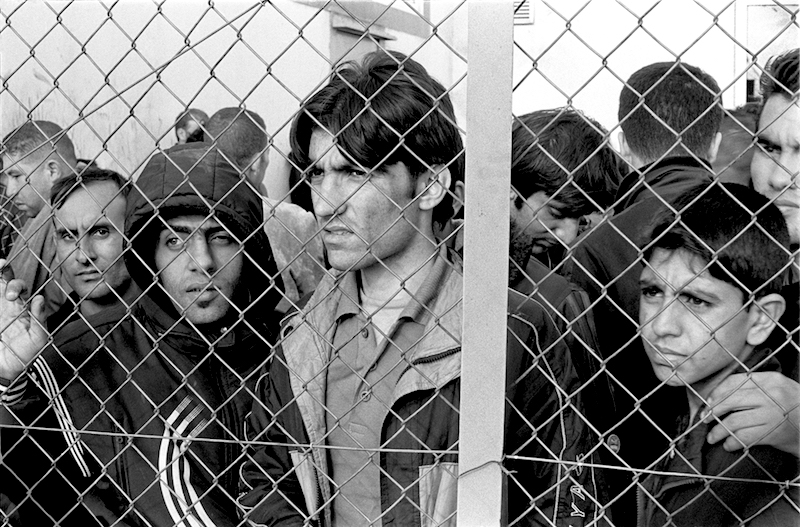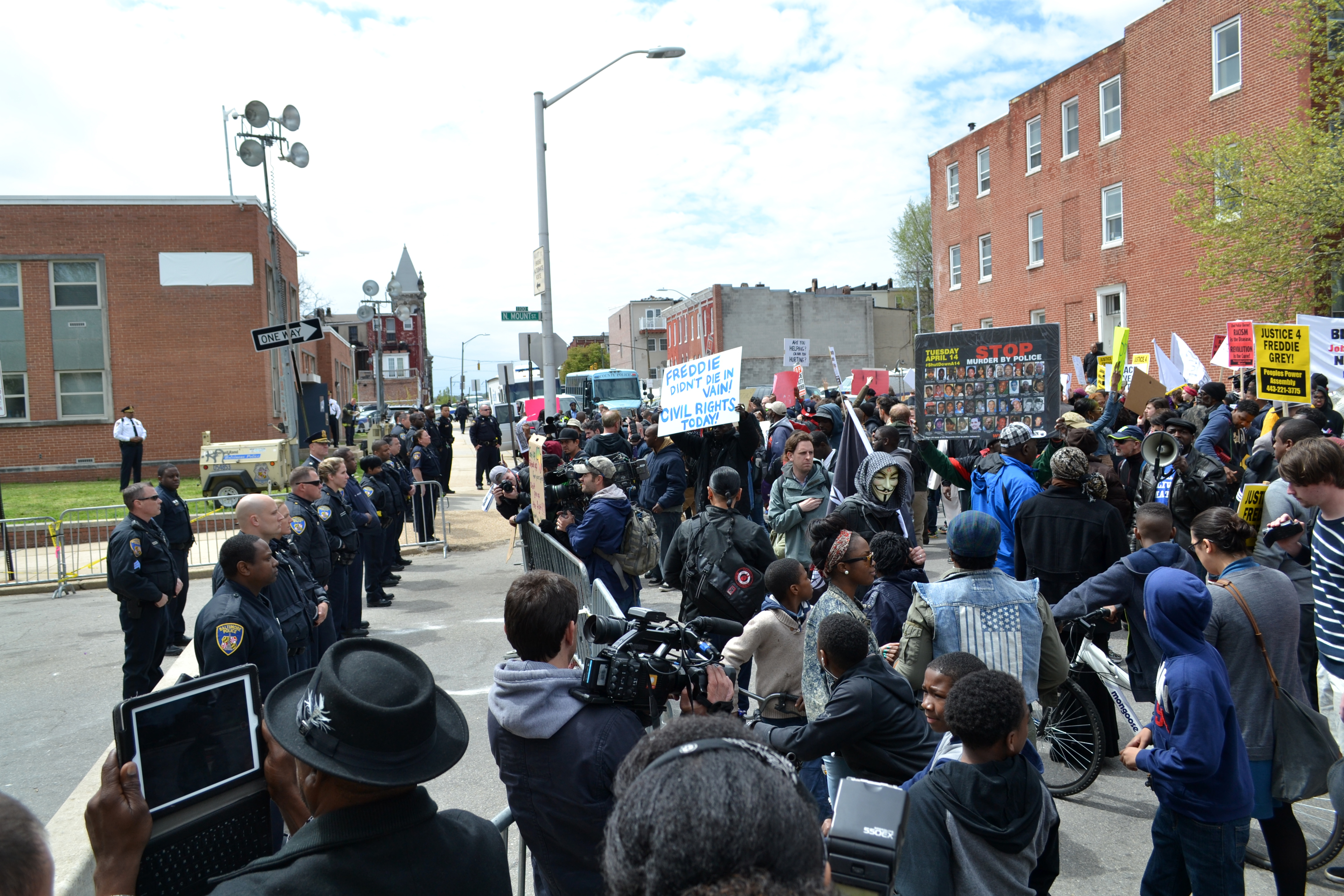Free migration and open borders may at this point in time seem unrealistic and idealistic, but it is a goal towards which we should all strive. Like feudal barriers to mobility, they protect unjust privilege. Why is it that some nations have so much wealth and some are poor? Do current economic formations have roots in historical processes? A postcolonial examination of immigration not only enriches our understanding of contemporary Western regimes by contextualizing them in a history of relations between the global North and global South, but also illuminates the way that there is space for resistance against immigration regimes.
The privilege experienced by certain categories of people, as defined by their passport, but often also by racial markers, such as religion and skin colour, means that they are able to move unhindered, while the movement of others may be impeded even before they have left their home country, by the rejection of a visa application. A postcolonial perspective on immigration regimes in Europe, therefore returns us to the importance of racial hierarchies, and to the realization that immigration regimes are about the expression of sovereign power over racialised bodies.
The European response to immigration outlined a process referred to as “othering”, a concept first used by Edward Said, where the self is strengthened by comparison with a constructed “other”. We see the same thing currently being done in America. By constructing the racialised immigrant as a threat to what is held up as “American”, and diffusing this construction through civil society, the figure of “the immigrant” bolsters the American national identity as a homogenous and shared good. It is this technique that gained popularity for the American presidential candidate Donald Trump.
Such homogenous cultural perceptions of “the other”, generated under certain socio-economic conditions, can have great implications on shaping public opinion on security and policy proposals.
Thus, the postcolonial perspective, illuminates in both directions. It allows us to understand the legacies of the past, but also provides the tools to shape a different future.
There are two main arguments being made against unrestricted immigration. The first one is that immigration would reduce the economic well being of current citizens. The second claim is that immigration can have an effect on the particular culture and history of a society.
To address the first argument, researchers have actually found that overall immigration leads to a rise in the average wage of all workers. Wages depend on the supply of capital as well as labour. Alone, an influx of immigrants raises the supply of workers and hence reduces wages. However, as cheaper labour increases the potential return to employers, building new factories and expanding their production becomes more viable. In so doing, they create extra demand for workers.
Take the example of Europe. Its population is set to decline over the next 50 years. Italy will lose 28% of its population by 2050. Consistently low birth rates across Europe and higher life expectancy will eventually put a huge pressure on employers. The proportion of people working age in the EU is shrinking, while the relative number of those retired is expanding. From a macroeconomic perspective, if the retirement age remains fixed, and the life expectancy increases, there will be relatively more people claiming pension benefits and fewer people working and paying income taxes.
To address the second claim, the effect of immigration on the particular culture and history of the society would not be relevant moral consideration, as long as there was no threat to basic liberal democratic values of its citizens. Ben Anderson referred to nations as imagined political communities. According to him, the convergence of capitalism and print technology on the fatal diversity of human language, created the possibility of a new form of imagined community, which in its basic morphology set the stage for the modern nation. This is not to say that there is no such thing as communal character. Human beings feel attached to their native land, language and culture. But keeping in mind that communities are not primordial, should help improve our understanding to the entitlement that we feel towards land, resources and one another.
Being forced to leave everything behind is not a choice. To commit ourselves to open borders would not be to abandon the idea of communal character, but to reaffirm it.
Photo: Arrested refugee immigrants (2010), by Ggia via Wikipedia. Licensed under CC BY-SA 3.0.
Disclaimer: Any views or opinions expressed in articles are solely those of the authors and do not necessarily represent the views of the NATO Association of Canada.




